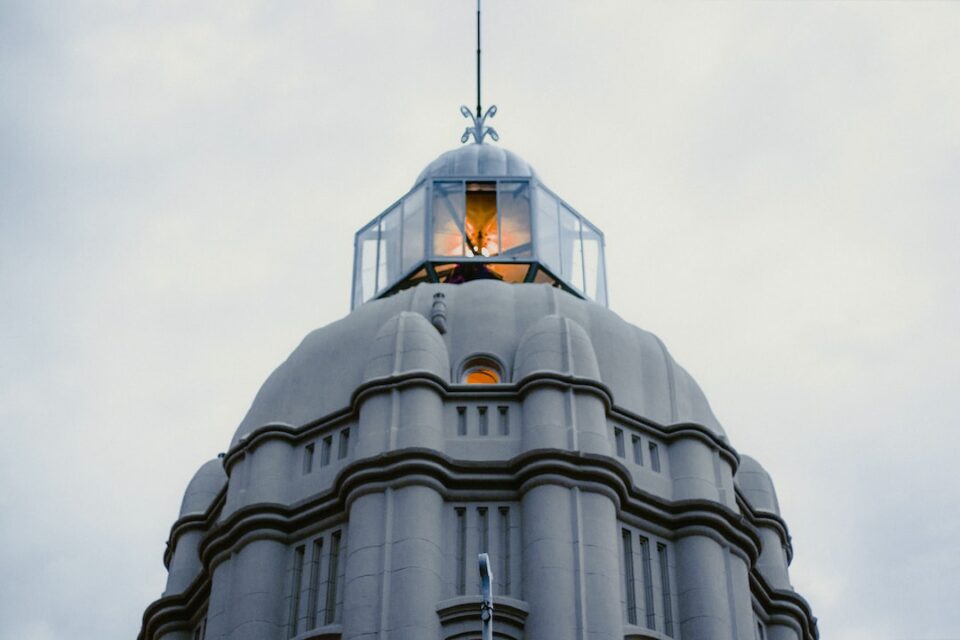Buenos Aires, the vibrant capital of Argentina, is a city that boasts a rich historical and cultural heritage. Amongst its many treasures are its traditional coffee houses, which have been a hub for intellectuals, artists, and locals for well over a century. These coffee houses are not just places to grab a quick cup of joe; they are an integral part of the city’s identity and a reflection of its history and culture.
Walking into one of Buenos Aires’ historical coffee houses is like taking a step back in time. The decor and ambiance have remained largely unchanged since their inception, transporting visitors to a bygone era. Most coffee houses feature high ceilings, elegant chandeliers, vintage furniture, and old-world charm. The walls are adorned with black and white photographs, newspaper clippings, and memorabilia, offering a glimpse into the city’s past.
But it’s not just the aesthetics that make these coffee houses so special; it’s the sense of community and intellectual exchange that they foster. Historically, these establishments have been gathering places for artists, writers, and politicians – places where ideas were exchanged, debates were held, and friendships were forged. It is said that prominent literary figures like Jorge Luis Borges and Julio Cortázar found inspiration and spent countless hours in these coffee houses, discussing their works and engaging in intellectual conversations.
One of the most famous and iconic coffee houses in Buenos Aires is Café Tortoni, which first opened its doors in 1858. Located in the historic neighborhood of Monserrat, Café Tortoni is a living testament to the city’s cultural legacy. Patrons can admire its stunning stained glass windows and elegant architecture while sipping on a cup of freshly brewed coffee or indulging in traditional Argentine pastries.
Another must-visit establishment is El Gato Negro, which dates back to 1926. Located in the heart of the city, this coffee house is known for its specialty coffees and chocolates. Stepping inside feels like stepping into a time capsule with its antique coffee grinders, display cases filled with tempting treats, and a cozy atmosphere that invites patrons to relax and savor the moment.
Visiting a historical coffee house in Buenos Aires is about more than just the coffee; it’s an experience that offers insight into the city’s cultural fabric. It allows you to connect with the past while enjoying the present. Whether you’re a history buff, a coffee aficionado, or simply someone who appreciates the beauty of a bygone era, these coffee houses are a must-visit.
In conclusion, Buenos Aires’ historical coffee houses are not just places to get a caffeine fix; they are a cultural tradition and an integral part of the city’s identity. Stepping into one of these establishments is like stepping into a time machine, where you can immerse yourself in the history, culture, and intellectual exchange that have shaped Buenos Aires. So, next time you find yourself in the Argentine capital, make sure to carve out some time to visit one of these historical coffee houses – your taste buds and your soul will thank you.

